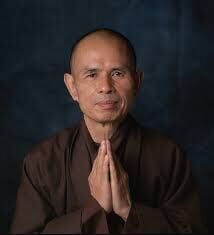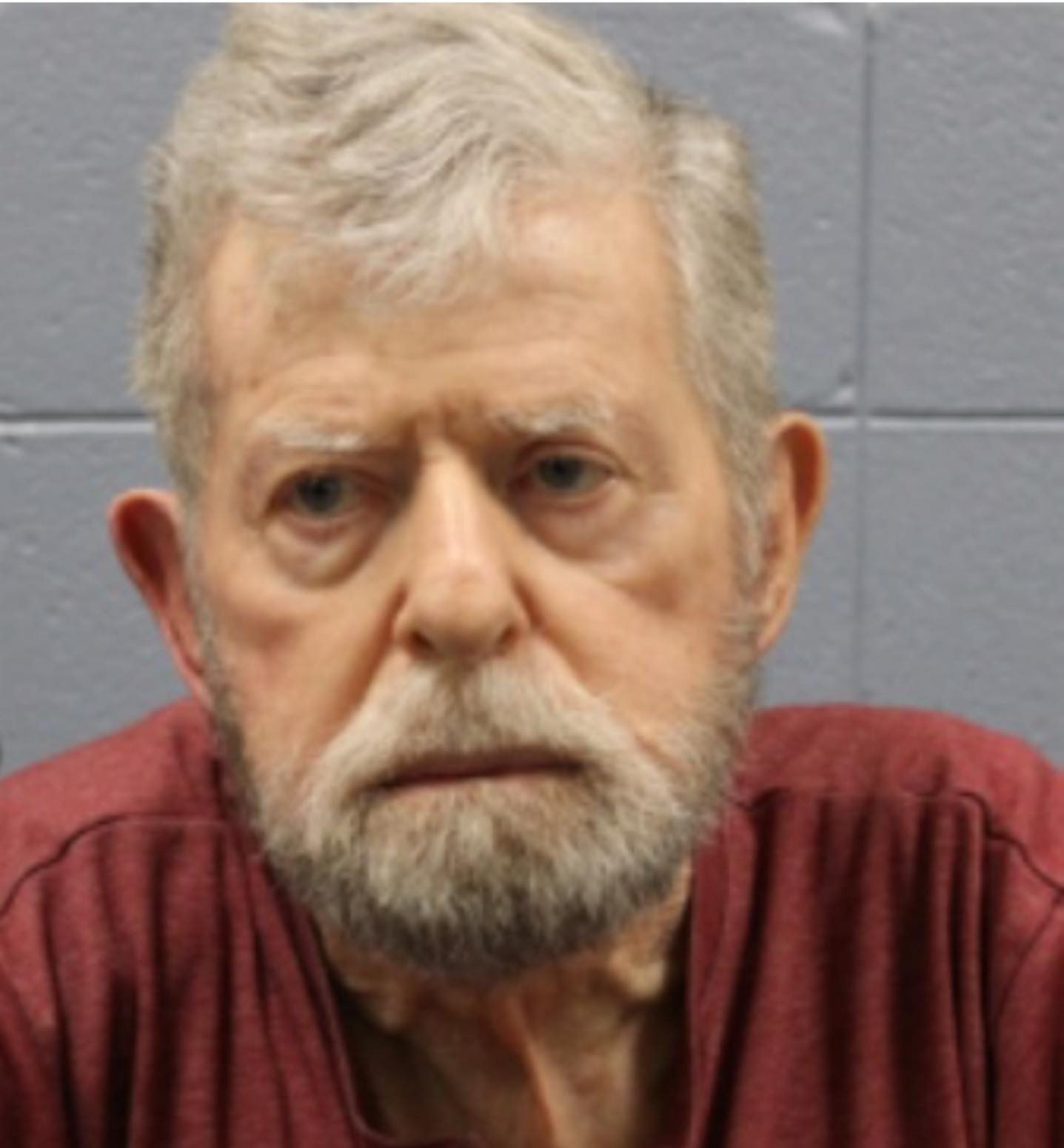Tribute to a wartime monk for peace
Published 1:00 pm Tuesday, January 25, 2022

- Thick Nhat Hanh, Buddhist monk who championed peace during Vietnam War.
Thich Nhat Hanh, a humble but deeply powerful Buddhist monk from Vietnam, died on Saturday at 95. Most people in the U.S. will never have heard of him.
But for those of us who know his works, here and around the world, a great teacher has been lost. For years, I have begun every morning by opening one of his many books to a random page, always stumbling across some piece of real wisdom.
Trending
Several years ago I was in Vietnam, visiting with a friend who covers the region for the New York Times. While we were together, he received a call telling him about an aging monk who had just been allowed to return to the country after a long political exile abroad. He asked me if I thought the story was worth covering. “I think he invented mindfulness,” said my friend.
“I’m pretty sure that it was the Buddha who invented mindfulness,” I replied. “But are you talking about Thich Nhat Hanh?” He said that he was and I told him he absolutely had to do the story. No one has done more to bring Buddhist lessons about peace (both internal and global) to the west than this gentle monk.
During the war between the U.S. and Vietnam in the 1960s, Thich Nhat Hanh became a monk novice and an activist for peace. He helped rebuild schools destroyed by the bombing and arranged medical attention for the wounded. Later he became a powerful advocate for peace who toured the U.S. speaking in public.
He wrote once about being confronted at an event by an angry American man who screamed at him that if he cared so much about his people why was he in the U.S. instead of in Vietnam. The monk paused for a long while and took several deep breaths to regain his composure. Then he calmly replied that one does not water a plant on its leaves, but by its roots. He said that the roots of the war were in the U.S., and so he must be as well.
It was on one of these tours that he became close friends with the Rev. Martin Luther King Jr., who nominated Thich Nhat Hanh for the Nobel Peace Prize. It was the monk from Vietnam who helped convince King that he too should use his voice against the War.
But it is not his global peace activism half a century ago that had made Thich Nhat Hanh such a beloved teacher across the world, but the messages of simplicity and personal peace he has offered in all the decades since. “Many people are alive but don’t touch the miracle of being alive,” he offered. “Drink your tea slowly and reverently, as if it is the axis on which the whole earth revolves — slowly, evenly, without rushing toward the future. Live the actual moment. Only this moment is life.”
Trending
He reminded us to turn washing the dishes into a ritual instead of a chore. He encouraged us to take deep breaths in between one activity and the next to not get lost in the chaos of daily life. He suggested that, instead of getting frustrated when stopped by a red light at a corner, we could take it as a gift, a chance to sit quietly for a minute or two. If you take his words to heart, a walk in the woods becomes a slow bath in the powers of old trees. If you follow his wisdom to slow down and live in the moment, putting a child to bed becomes a quiet miracle of presence with a being who will not stay little for long.
Like most good teachers, Thich Nhat Hanh often spoke in stories and just last week I read this one he told, a parable about a Vietnamese soldier who went to war and did not see his wife and son for three years. When he returned, their joy turned to something else when the little boy declared, “You are not my Daddy. My Daddy is someone else who came every night.” The soldier became furious with his wife but did not explain why. The wife became saddened, suffered, and finally took her life. On a night soon after, the boy excitedly pointed to his father’s shadow on the wall and told him, “He is my Daddy!” It was his mother’s shadow the boy spoke of, not a stranger.
The monk wrote of the story, “A wrong perception can be the cause of a lot of suffering. Whatever we perceive we have to ask ourselves, ‘Are you sure your perception is right?’|”
We live in a time of anger and conflict seemingly everywhere, and far too many wrong perceptions. People are quick to fall into full tantrums over even the smallest annoyances. Thich Nhat Hanh spent a lifetime reminding us that there is an opportunity for real life in every minute – if we stop, if we breath, and if we seize that chance.
Sometimes all it takes is putting down the phone, shutting off the screens, parking all the stresses and noise of life off to the side and spending 15 minutes in nothing more than silence.
“To meditate means to go home to yourself. Then you know how to take care of the things that are happening inside you, and you know how to take care of the things that happen around you,” Thich Nhat Hanh wrote. “Many of us have been running all our lives. Practice stopping.”
Jim Shultz is an occasional CNHI columnist and the founder and executive director of the Democracy Center. Reach him at jimshultzthewriter@gmail.com.





